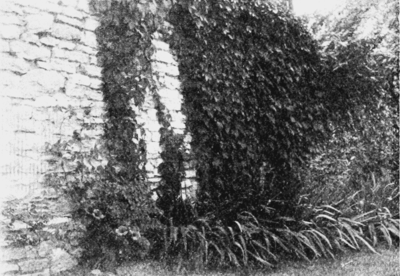continent, he saw what the world of pleasure offers to those who are able to pay for it. But he returned to the land of his adoption, determined to make for himself there surroundings as nearly as possible comparable with those of his own countrymen; and he so far succeeded that the modest little garden with which he surrounded his country house in the suburbs of St. Louis came in time to be the pleasantest of the resorts of the residents of that city, and the one place to which they were all sure to wish to take their visiting friends.
If he had stopped with this, he would have caused his name to be long remembered by his fellow-citizens, for he did not hold his home as his own exclusively, but admitted to the enjoyment of its beauties any who wished to share them with him. But while his grounds were developing and growing in beauty, he learned, through the helpful acquaintance of Sir William Hooker and of his own fellow townsman,
Dr. George Engelmann, that it might be possible to perpetuate his name in a surer and more lasting manner, and to cause the garden that he had planned and planted to become of use in the world of science and to grow in such usefulness through the centuries, while losing nothing of its beauty and attractiveness to those who cared to enjoy without using it. In 1859 he secured the passage of an act by the legislature of Missouri which empowered him to deed or will, as he might elect, such of his property as he wished, to trustees for the maintenance of a botanical garden for the cultivation and propagation of plants, flowers, fruit and forest trees, and for the dissemination of the knowledge thereof among men, by having a collection thereof easily accessible; by the establishment of a museum and library in connection therewith, as also by establishment of public lectures and instruction upon botany and its allied sciences, when it shall be

